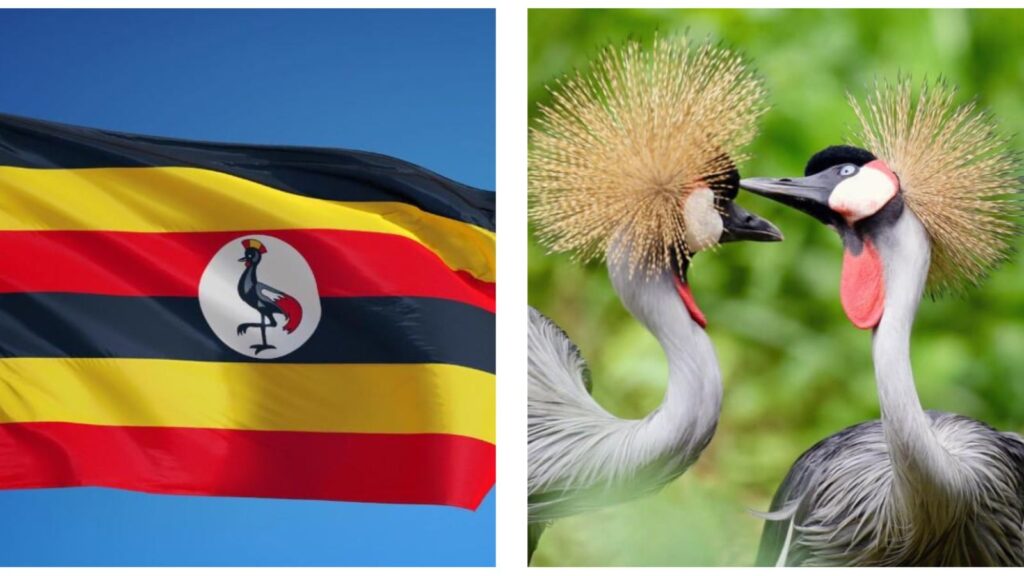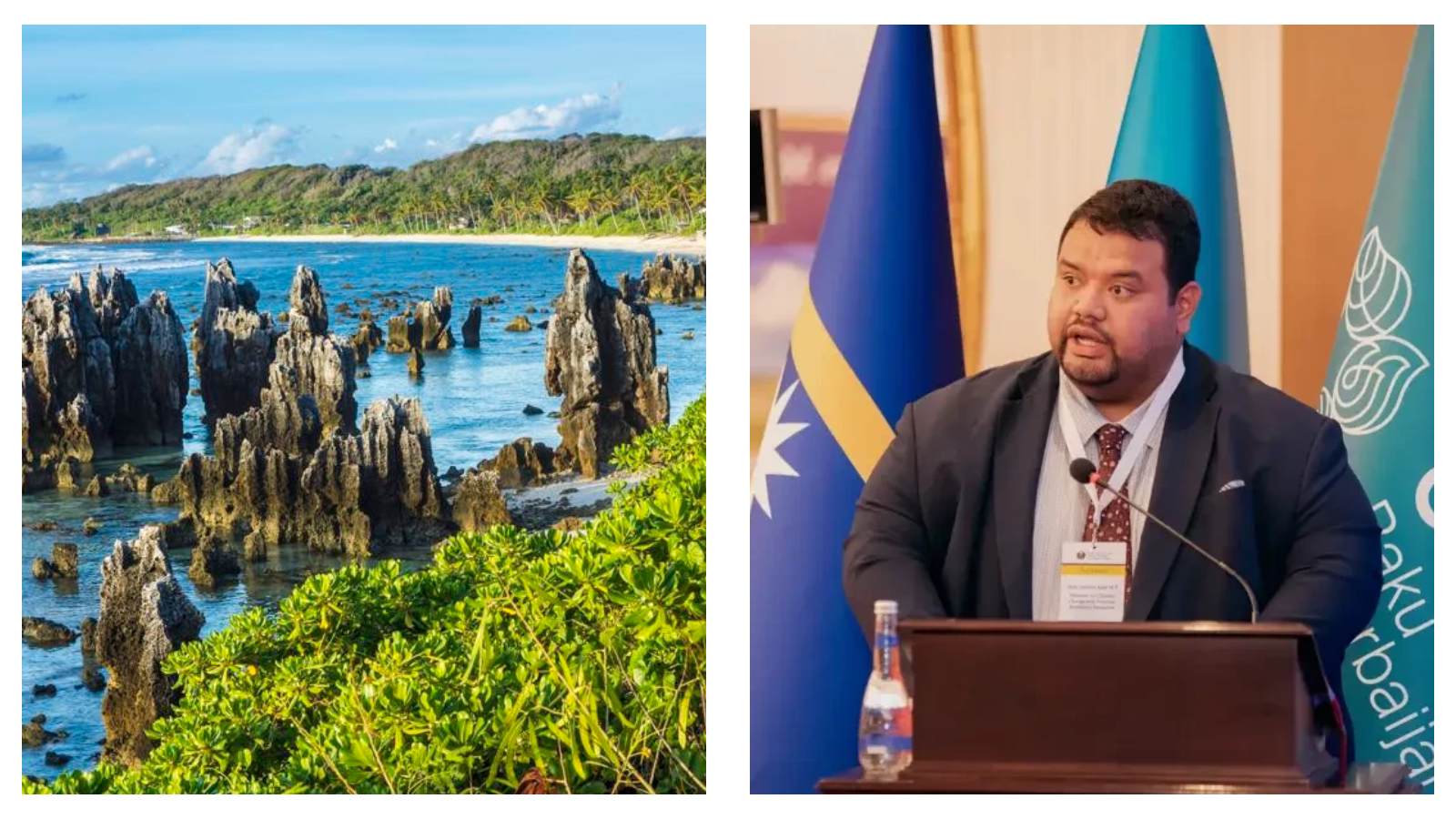By Wendy C. Mateo
Rising global temperatures, warming oceans, shrinking ice sheets and growing sea levels – these are considered evidence that point to drastic changes in climate that even the National Aeronautics and Space Administration call compelling on its website.
But for those living in the Pacific Small Island Developing States, it’s not merely part of warning-filled talks, it’s an immediate day-to-day reality.
Nauru takes the initiative
Pacific nations are often the most vocal when it comes to discussions about climate change, and how it could affect, and is affecting, their matters of survival.
The Pacific microstate of Nauru, for example, unveiled its Nauru Economic and Climate Resilience Citizenship Programme at the 2024 United Nations Climate Change Conference in Baku.
It will offer investors a streamlined way to citizenship in the country to finance its climate adaptation and sustainable development projects.
And just last week, the Solomon Islands concluded the Honiara Summit on the Implementation of Sustainable Development Goal (SDG) 14.4.
The summit gathered hundreds of delegates to tackle challenges in ocean governance and sustainable fisheries, including the impact of climate change.
Far-reaching economic impacts of climate change
While the summit centered around how nations can collaborate to achieve sustainable fisheries, leaders have also pointed out that climate change could affect fish stocks in the Pacific.
“I note with concern that partnerships for SDG 14 are not receiving the attention it deserves,” said Prime Minister of Solomon Islands Jeremiah Manele during the summit, according to a government press release.
“Sadly, the Pacific received only 0.22% of global climate finance, hoping that the Summit will breathe new life into partnerships needed to save humanity.”
This is especially alarming for Pacific peoples. Nations in the region have a deep, existential link to the ocean that is not only crucial for economies but also their cultures, Pacific Islands Forum Secretary General Baron Waqa emphasised in a speech reported by PACNEWS.
YOU MAY ALSO LIKE: Culturally significant crested crane faces local extinction in Uganda

Golden ticket to Nauruan citizenship
Under Nauru’s new climate financing initiative, investors can contribute to the national Treasury Fund and secure a Nauruan citizenship.
This opens up benefits like visa-free access to 89 destinations, unrestricted dual citizenship and a way to extend citizenship to family members.
Minister for Climate Change and National Resilience Asterio Appi said that Nauru boasts a globally significant biodiversity.
Nauru’s ecosystems support more rare and endangered species, however, it also faces rising sea levels, intense storm surges and biodiversity loss as a nation stuck on the frontlines of climate change.
“The consequences of global warming are rendering Pacific Island states increasingly uninhabitable.
“By choosing Nauru’s citizenship programme, investors aren’t merely securing their own future – they’re investing in the future of our planet,” Appi said.
Pacific collaboration amid US step back
This also comes at a time of Washington’s decision to withdraw from the Paris Agreement, a move that made Cook Islands Prime Minister Mark Brown urge the global community to step up and fill in the funding gaps that the United States may have left.
He remained committed to engaging with US agencies and private sector stakeholders on areas of mutual interests, but Brown also leveraged the collaboration ignited between Pacific nations.
“While the US withdrawal is a setback to multilateral co-operation, it does not weaken our resolve,” he said in a statement cited by PACNEWS.
“With our Pacific neighbours and international partners, we will continue to champion policies that protect our people, our economy and our environment.”
READ NEXT: Island-building in South China Sea destroying reefs, warns think tank
